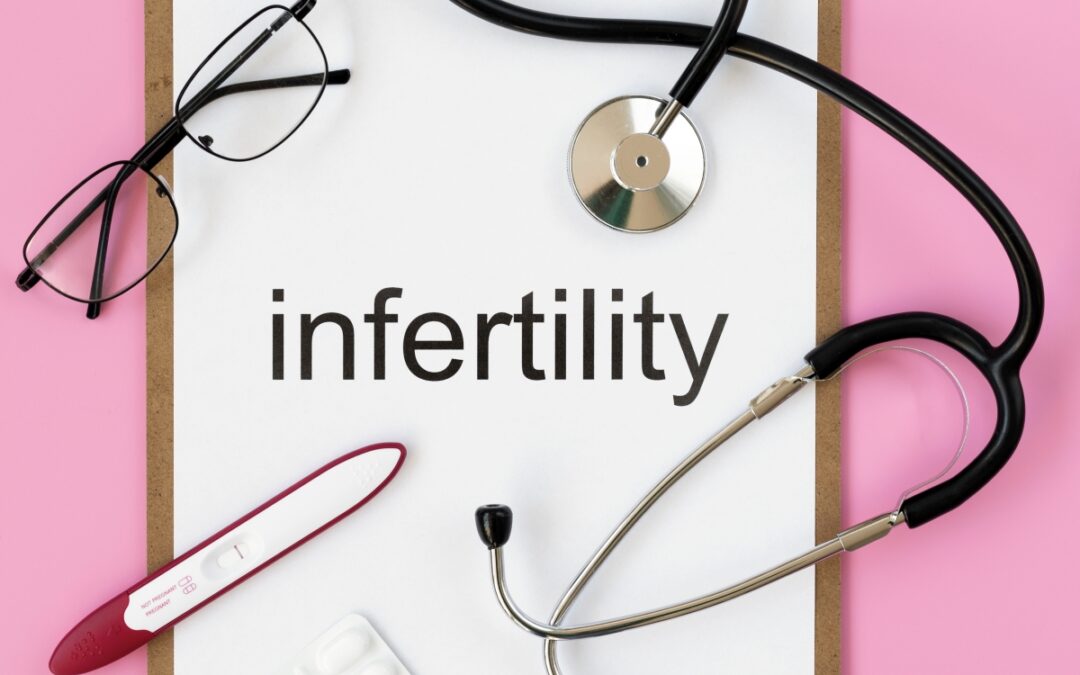By Mandy Cox
Stories about in vitro fertilization (IVF) seem to be everywhere. This week, headlines celebrated the oldest baby ever born from a frozen embryo. Earlier this summer, people marveled at reports of so-called “three-parent babies.” And just recently, an article praised artificial intelligence for its role in helping doctors select which embryos are “best” for transfer.
These reports stir our emotions. We feel compassion for couples longing to welcome a child. At the same time, they prompt important questions:
- Do these advances highlight hidden dangers in artificial reproductive technologies?
- Does the Church offer wisdom to guide us through such developments?
- How can we respond with compassion when people we know are drawn to IVF?
IVF Today
In a recent post called, The Hidden Ethical Challenges of IVF, we reflected on how the very structure of IVF raises moral issues. These concerns are not “add-ons” to an otherwise good process—they are essential components of it.
Many Catholics are only dimly aware of what the Church teaches about IVF, or they may not fully understand why. With IVF so prominent in the news—and with ongoing debates about whether employers should be required to cover it—it is vital to revisit these teachings. By grounding ourselves in the wisdom of the Church, we can be ready to address questions in a way that is both truthful and pastoral.
The Catechism’s Perspective The Catechism of the Catholic Church speaks directly about artificial reproductive technologies:
The Catechism of the Catholic Church speaks directly about artificial reproductive technologies:
-
CCC 2376: Using donated sperm, eggs, or surrogacy violates the exclusivity of marital love. It breaks the promise of fidelity and disregards the rights of the child.
-
CCC 2377: Even when a married couple uses their own sperm and egg, creating a child outside the marital embrace separates the unitive and procreative purposes of marriage. Love and life are meant to remain inseparable.
-
Instruction on Respect for Human Life (Congregation for the Doctrine of the Faith): IVF often involves discarding, freezing, or creating “spare” embryos. Each embryo is a human person with dignity and rights, as emphasized in CCC 2274–2275.
Pastoral Concerns in Today’s Reality
Infertility is a heavy cross. And the suffering a couple experiences is often compounded by the fact that secular health care typically presents IVF as the only “solution.” Couples who yearn for children may feel cornered, and their pain is real.
As Catholic employers, there is an opportunity to bring hope into this space. By providing access to health care that respects human dignity, employers can affirm couples in their struggle without leading them down paths that conflict with faith. In another post (How to Guide Employees to Life-Affirming Health Care), we share concrete steps for offering morally-aligned care and resources.
Conclusion: Rooted in Respect for Life Every organization has a role to play in how employees experience health care. Too often, hidden clauses in benefits language open the door to coverage for IVF and related procedures—sometimes without an employer even realizing it – while failing to offer moral alternatives.
Every organization has a role to play in how employees experience health care. Too often, hidden clauses in benefits language open the door to coverage for IVF and related procedures—sometimes without an employer even realizing it – while failing to offer moral alternatives.
Our Moral Compliance Score system helps Catholic employers identify and correct these areas, replacing them with benefits that honor both the Church’s teaching and the dignity of every human life (see The Five Dangers of an Immoral Catholic Health Plan).
If you are ready to explore this for your own organization:
-
For health plan reviews, reach out to Jason Coon at jasoncoon@catholicbenefitsassociation.org.
-
For pastoral support and guidance in responding to employees’ questions, contact Mandy Cox (mandycox@catholicbenefitsassociation.org) or Mary Beth Barry (marybeth@catholicbenefitsassociation.org).
Looking ahead, we are preparing professional development resources for 2026 that will help leaders walk with employees through these challenging, deeply personal questions.
CBA is ready to help you create a work culture rooted in respect for life, a place where compassion and truth walk hand in hand. Don’t hestitate to reach out!

